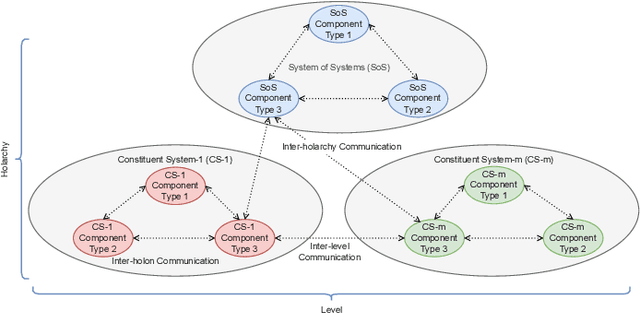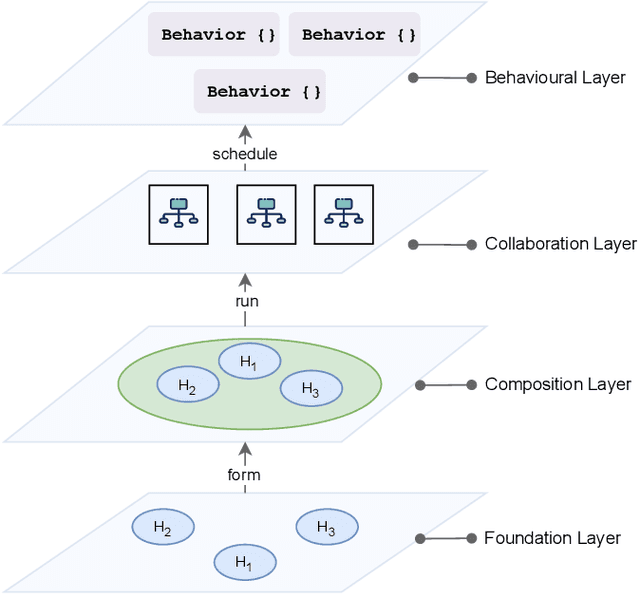Niko Makitalo
GPT versus Humans: Uncovering Ethical Concerns in Conversational Generative AI-empowered Multi-Robot Systems
Nov 21, 2024



Abstract:The emergence of generative artificial intelligence (GAI) and large language models (LLMs) such ChatGPT has enabled the realization of long-harbored desires in software and robotic development. The technology however, has brought with it novel ethical challenges. These challenges are compounded by the application of LLMs in other machine learning systems, such as multi-robot systems. The objectives of the study were to examine novel ethical issues arising from the application of LLMs in multi-robot systems. Unfolding ethical issues in GPT agent behavior (deliberation of ethical concerns) was observed, and GPT output was compared with human experts. The article also advances a model for ethical development of multi-robot systems. A qualitative workshop-based method was employed in three workshops for the collection of ethical concerns: two human expert workshops (N=16 participants) and one GPT-agent-based workshop (N=7 agents; two teams of 6 agents plus one judge). Thematic analysis was used to analyze the qualitative data. The results reveal differences between the human-produced and GPT-based ethical concerns. Human experts placed greater emphasis on new themes related to deviance, data privacy, bias and unethical corporate conduct. GPT agents emphasized concerns present in existing AI ethics guidelines. The study contributes to a growing body of knowledge in context-specific AI ethics and GPT application. It demonstrates the gap between human expert thinking and LLM output, while emphasizing new ethical concerns emerging in novel technology.
Holon Programming Model -- A Software-Defined Approach for System of Systems
Oct 23, 2024



Abstract:As Systems of Systems evolve into increasingly complex networks, harnessing their collective potential becomes paramount. Traditional SoS engineering approaches lack the necessary programmability to develop third party SoS level behaviors. To address this challenge, we propose a software defined approach to enable flexible and adaptive programming of SoS. We introduce the Holon Programming Model, a software-defined framework designed to meet these needs. The Holon Programming Model empowers developers to design and orchestrate complex system behaviors effectively, as illustrated in our disaster management scenario. This research outlines the Holon Programming Model theoretical underpinnings and practical applications, with the aim of driving further exploration and advancement in the field of software defined SoS
 Add to Chrome
Add to Chrome Add to Firefox
Add to Firefox Add to Edge
Add to Edge